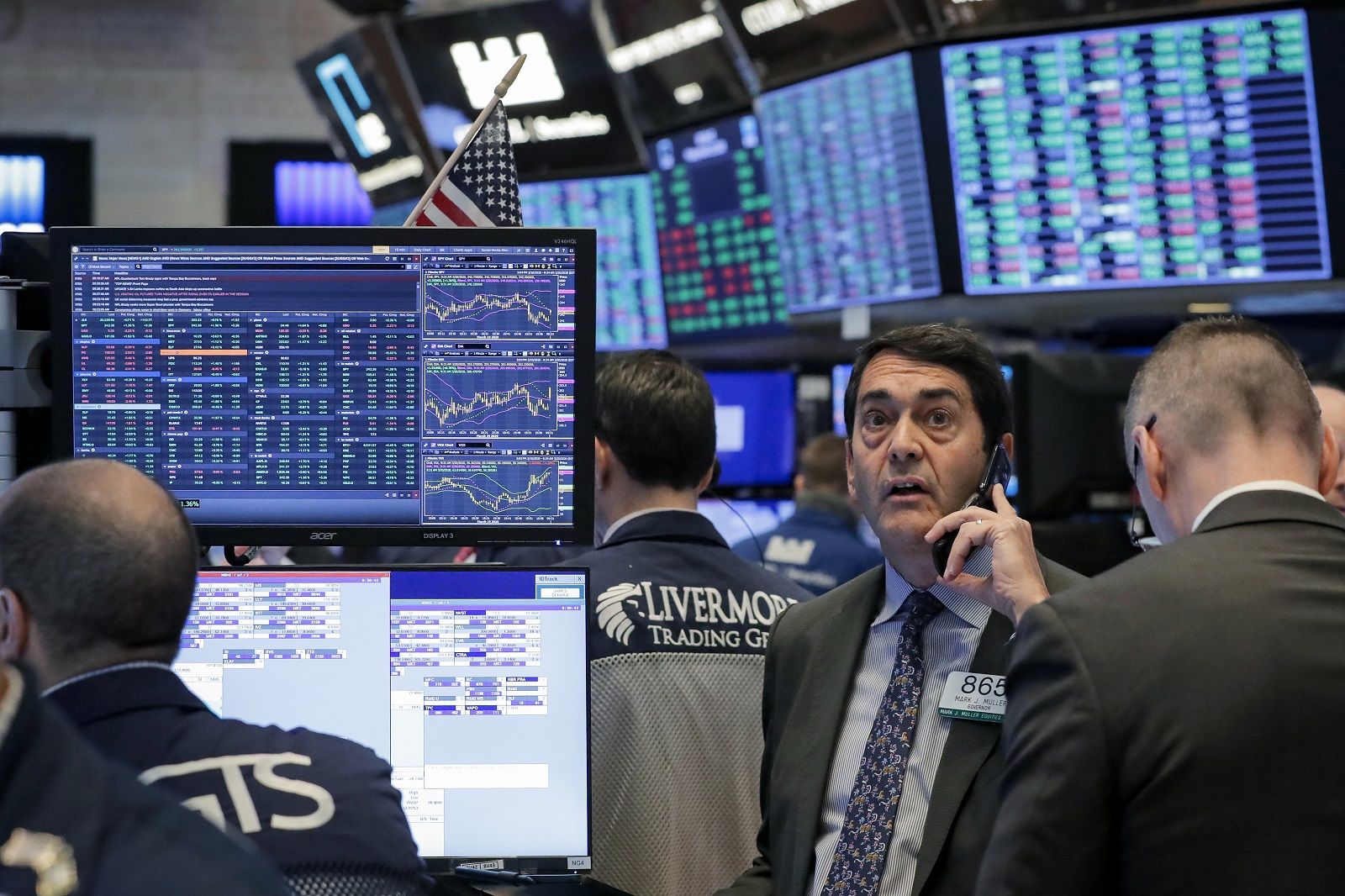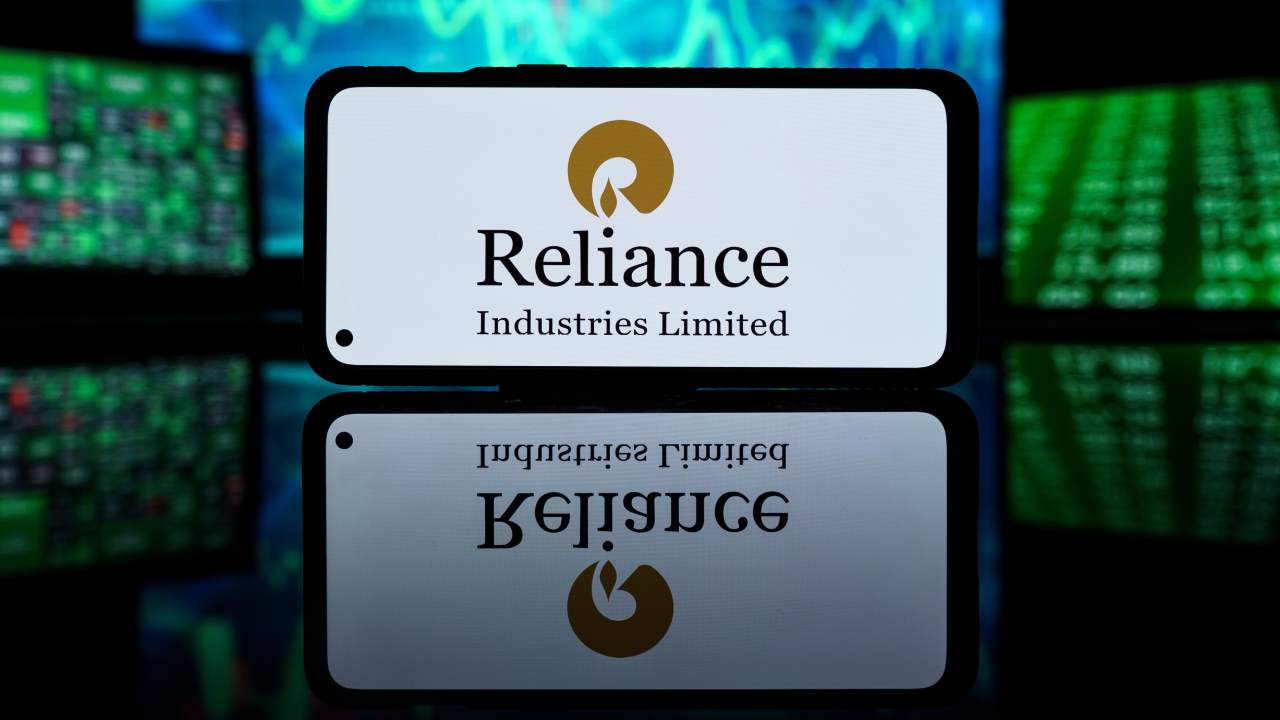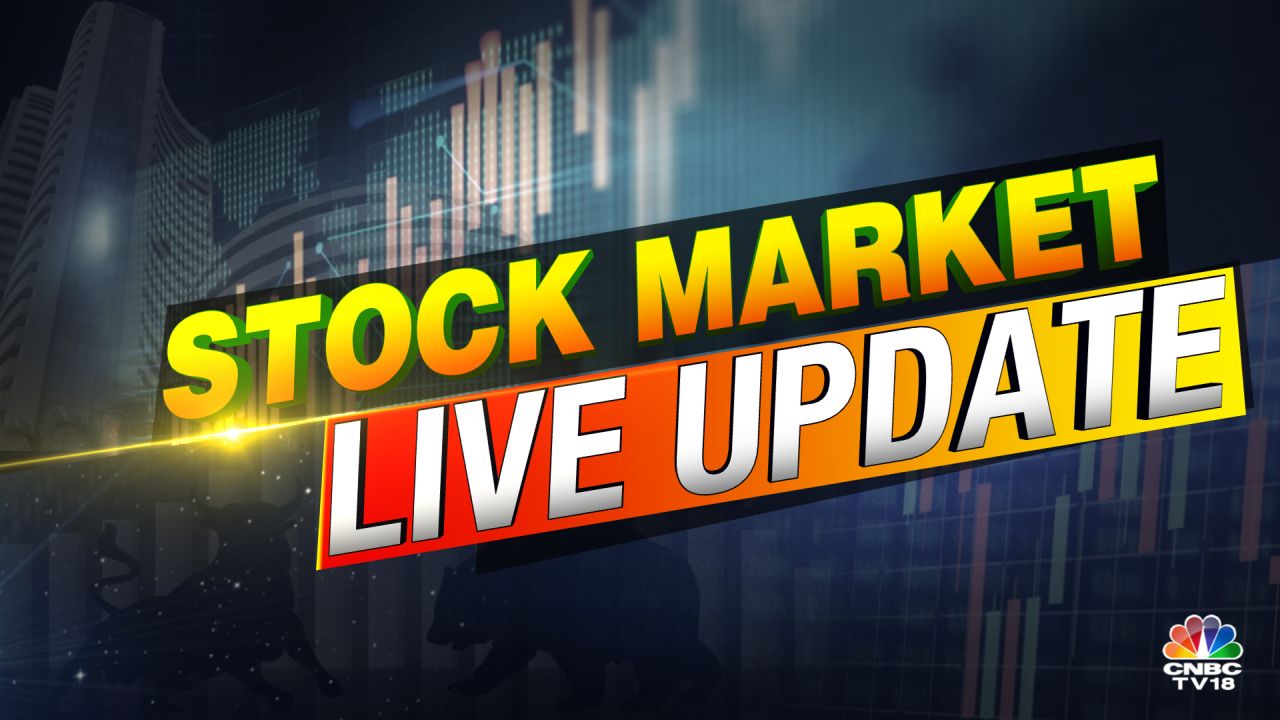Shares of SBI Cards and Payment Services Ltd. fell as much as 6% to hit an intraday low of ₹872.10 on Friday, April 25, after the company announced its financial results for the January–March quarter. A consensus estimate of analysts covering SBI Card implies a potential downside of 3.2% from current levels.
Ahead of the results, credit cost was the key focus for investors, and the company finally delivered a quarter where credit costs declined sequentially.
While the management reiterated improvement in early delinquency trends, they also made it clear that achieving a credit cost range of 6%–7% "remains far".
Overall, sequential improvement in credit cost, aided by a decent net interest income (NII)growth and moderated operating expenses helped SBI cards deliver a return on assets (RoA) of 3.4% and a return on equity (RoE) of 15.5% for the quarter. Despite this, global brokerage firm Bernstein maintained an 'Underperform' rating on the stock, with a price target of ₹620.
Morgan Stanley has an 'Equalweight' rating on SBI Card and has raised the price target to ₹775.
The brokerage said that bad loan formation and credit costs declined meaningfully on a QoQ basis. While this reaffirms the trend of lower credit costs, the normalised level and the time it will take to reach it remain unclear.
Profit stood at ₹530 crore (down 19% YoY but up 39% QoQ), which was 15% above Morgan Stanley’s estimates.
Credit costs declined perceptibly in Q4, following management’s commentary in Q3FY25 that credit costs had peaked.
CLSA, which has downgraded the stock to 'Underperform', with a price target of ₹
800, said that SBI Card reported in-line PPOP but missed PAT estimate by 4% due to higher credit costs.
While credit costs declined 50 bps from their peak in Q3, they are still meaningfully above run-rate levels (200-300 bps higher).
Management expects credit costs to improve over the coming quarters but is not guiding towards any specific level due to macro uncertainty.
"The price to be paid for improvement in asset quality is growth," the brokerage said.
CLSA also noted that loan growth has moderated from 25% in FY24 to 10% in FY25.
According to Emkay Global, card stress flow has moderated for the industry, as also for SBI Card, which should lead to steady moderation in credit cost. The management remains a bit guarded on growth, given the uncertain macro environment, though it expects margins to be stable with an upward bias once the full effect of rate reduction plays out.
The brokerage has retained its 'Add' rating and revised price target higher by 11% to ₹1,000 from ₹900 earlier.
Meanwhile, Kotak Securities has downgraded the stock to 'Add', with a price target of ₹950.
Of the 28 analysts that have coverage on SBI Card, 10 of them have a 'Buy' recommendation, while nine each have a 'Hold' and a 'Sell' rating.
Shares of SBI Cards and Payment Services Ltd. are trading 4.77% lower at ₹882.65. Despite this, the stock is up 30% so far in 2025.

 11 hours ago
11 hours ago












